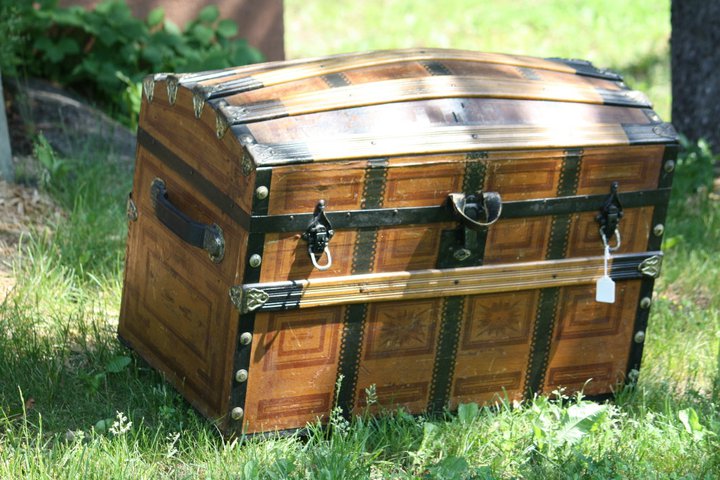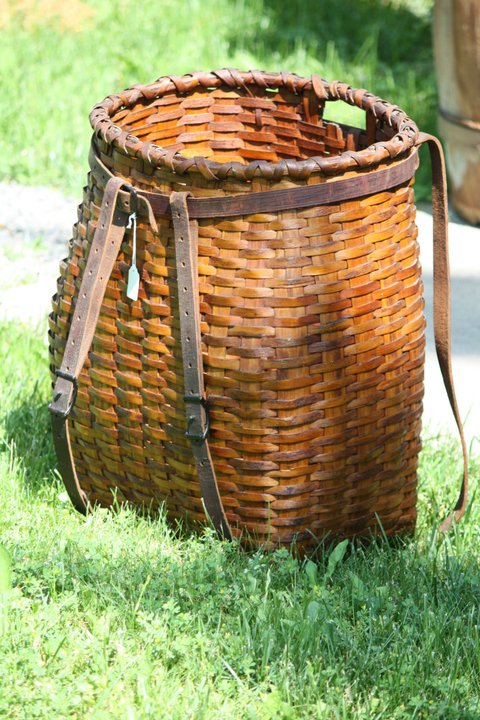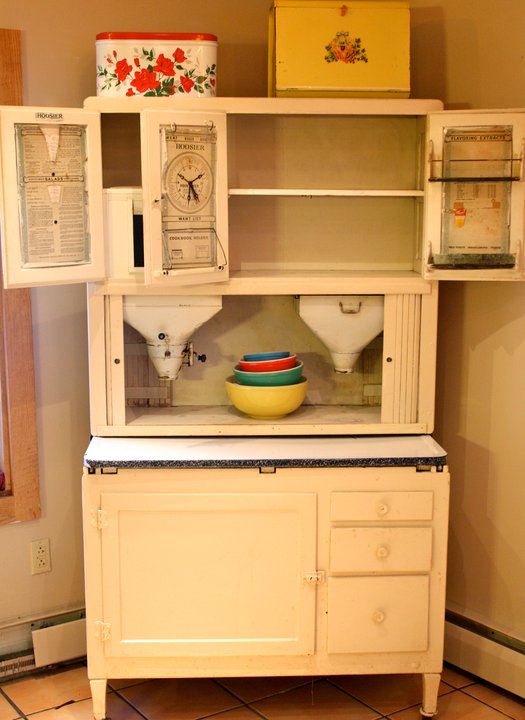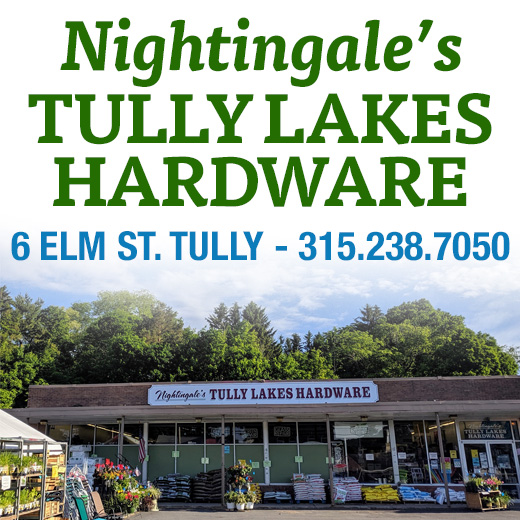
Where Do You Get Your Antiques?
Posted by Dustin Horton // June 1, 2012 // Local Business
This is something we are asked frequently. Everyone wants to know where we’ve managed to collect our treasury of antiques—many times because they want to sell us something their Grandmother’s Great Aunt’s Brother in Law, who served in WWI, gave them… You get the idea. Obviously, there is no one place to go for antiques. We find them in barns, at sales, at auctions, in shops… However, often, we are invited into people’s homes when they are down-sizing or when they want to “clean out.” We smile through stories of chairs and step stools that elderly folks remember climbing on as a child to help a parent or grandparent make bread or stir cookie batter at a too-tall kitchen counter; we laugh along with others who share funny memories of gathering around the Philco or Zenith Floor Model Radio they are now preparing to part with; we share sorrow with women who have to sell the dresser their great grandmother gave them as a child or the bookcase their late husband pieced together with old boards. The stories are sometimes long, told over a cup of coffee or a glass of lemonade and the storyteller is most often expressive. We bond with these folks as we listen to their tales of hardship and happiness and how it relates to the item in front of us and, as we do, their emotional investment in the item becomes our own. We fall in love with their possessions because we hear how they fell in love with them. We marvel at collections, often started during childhood, that have grown old with the owner and have been carried from place to place—whether home to home or country to country. Our own emotional attachment makes selling an item difficult—we have to keep our emotions “in check” as we determine the worth of an item through research and/or knowledge because no value can be placed on nostalgia or emotional ties… There are times when a newly acquired item doesn’t go on the sales floor immediately because we struggle with letting it go—just as its previous owner did. When we do sell such an item, we try to share its history with the buyer—partially because we want them to feel as strongly about it as we do but also because we want its story to continue. We like passing on the provenance of our pieces when we can.
When we acquire something and know nothing about its history, it is often easier to simply put a price on it.
Do we always know what an item is worth? No.
There are times we’ve been offered pieces that we know nothing of and the Seller has no idea what it is nor any history attached to it. This is when we spend countless hours on the Internet or going through various reference books to help us. Often, we are able to get some information on it but sometimes we work diligently with no success.
We might post pictures to specific websites seeking information on items, looking for a name, a use and, of course, a value. Sometimes, we learn exactly what we have and sometimes we don’t. There have been times that we’ve contacted Sellers long after purchasing something from them to tell them just what it is they sold us and, sometimes, to tell them we want to give them an additional payment above our previous offer.
Like the housing market, there is a market for antiques and collectibles. One day, everyone is buying Depression glass and ornate furniture, and the next day, we cannot give it away. Because there are fluctuations in the antiques market and our storage space is very limited, taking items on consignment can be difficult and very, very time consuming. Lately, we’ve determined that taking items on consignment, with very few exceptions, is not a good idea. During this last year, we’ve accumulated many consignments which we have to rotate in and out of storage because we have a limited amount of sales space. This rotation is very often physically exhausting, time consuming and frustrating. It can also be frustrating to the Seller if they hope to get paid immediately. Therefore, we now are prone to limit our consignments and are more apt to purchase merchandise outright whenever possible.
In order to improve our selling time, market merchandise to a much larger audience and provide the best possible service to our Sellers/Consignors, we’ve hired a website developer who is currently building our list of antiques categories and sub-categories. Soon, we will have a sophisticated website which will allow anyone to view and purchase our merchandise (both gifts and antiques). Watch for our website later this summer – www.thesecondknob.com.
Drop in to visit us…to browse or to buy!
By Shana Karn and Andy Seyfried, Co-Owners of The Second Knob Gifts & Antiques
[mappress mapid=”24″]















